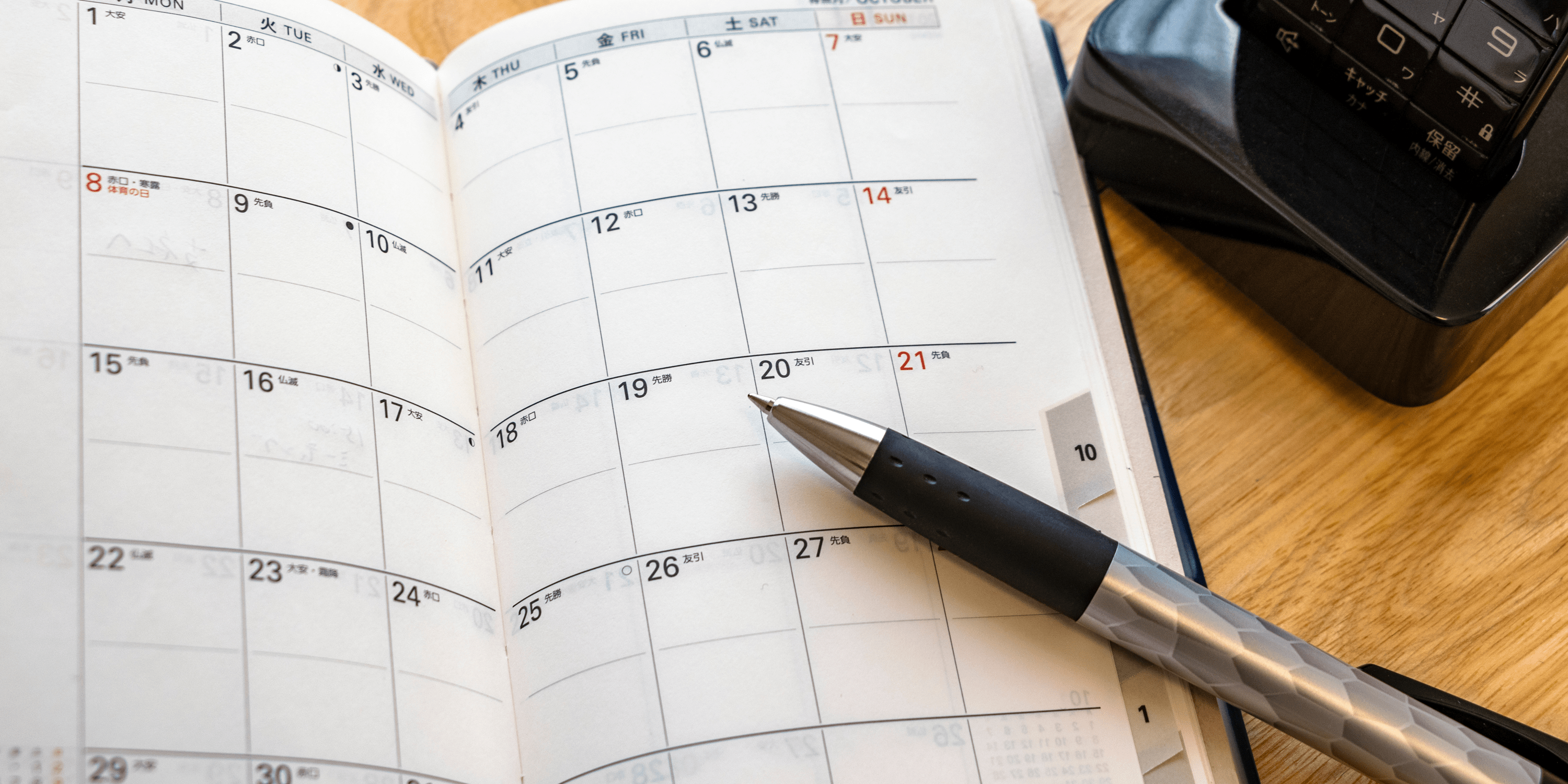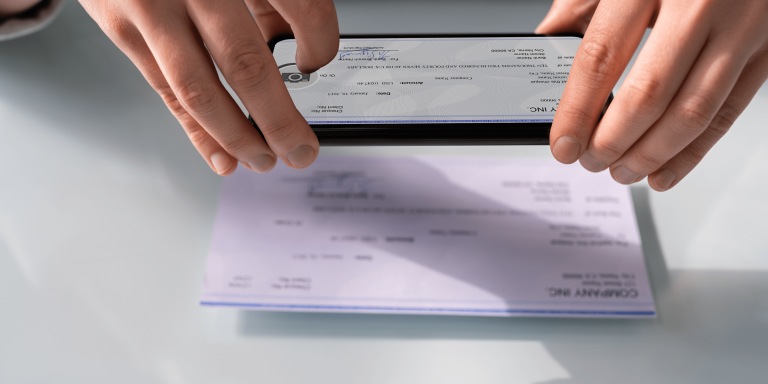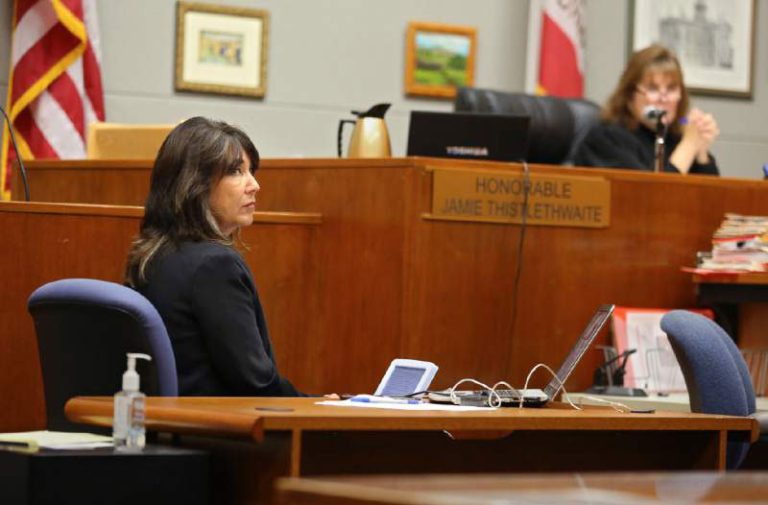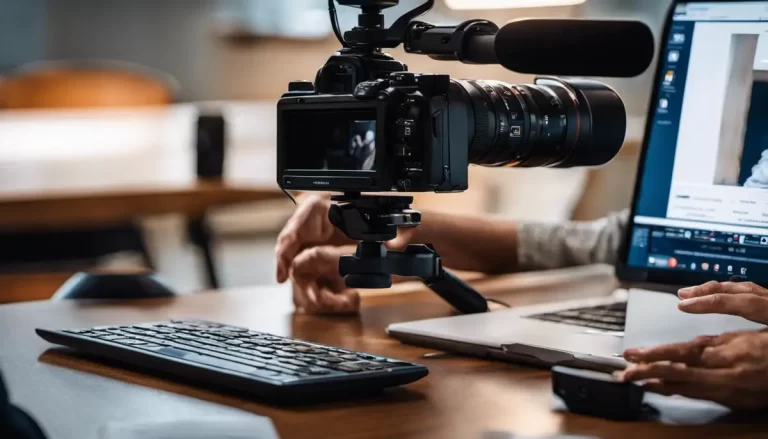Understanding why depositions are important can help you comprehend the judicial system, whether you’re a lawyer, paralegal, or legal enthusiast. This article discusses the benefits of depositions, how to prepare, what to expect, and how to choose a court reporter.
Understanding Depositions
Legal depositions—sworn testimony taken outside of court are essential. They let attorneys interview witnesses under oath for trial or settlement discussions. Conference rooms or offices host depositions, unlike courtrooms.
Depositions reveal facts and each party’s strengths and shortcomings. The plaintiff and defendant can directly examine witnesses. This lets us assess their knowledge, credibility, and viewpoint on critical case issues.
Depositions also help establish powerful arguments and strategies before trial. Attorneys can spot discrepancies and contradictions by getting thorough witness accounts early on. This helps them adapt their trial evidence and cross-examination strategy.
Depositions also let parties objectively assess their case. New information during these sessions may encourage parties to reconsider their stance or settle out-of-court if it seems favorable.
Depositions offer a unique chance to obtain essential evidence, assess witness credibility, define legal tactics, and assure fairness throughout the litigation process. Understanding them is crucial.
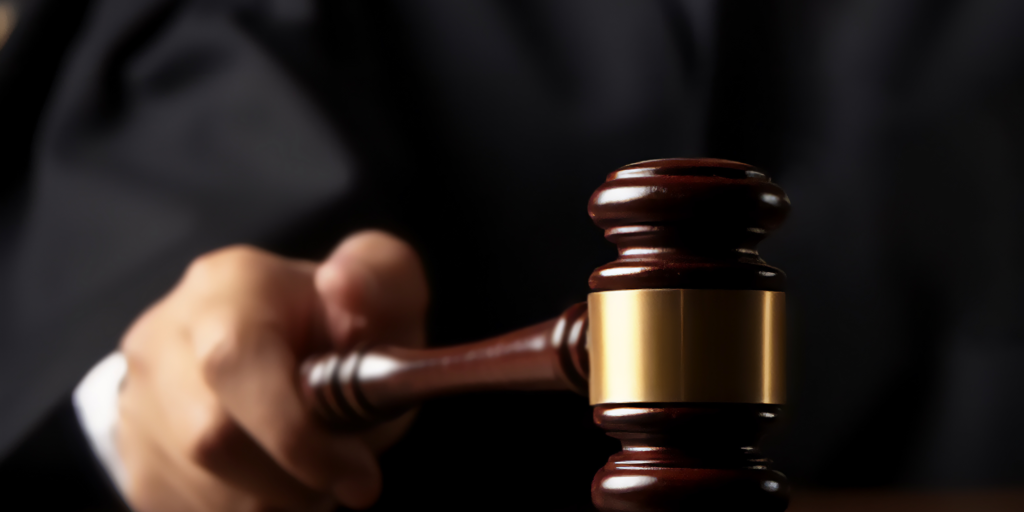
Benefits of Holding a Deposition
Depositions can help all parties in legal procedures. Whether you’re the plaintiff or defendant, a deposition can improve your case and provide vital information.
One of the benefits of depositions is getting sworn testimony from witnesses or experts. Their statements are admissible in court. By recording these testimonials early on, you can preserve critical details before memories fade or narrative changes.
Depositions also allow for witness credibility and demeanor evaluation. Attorneys can learn how witnesses may appear to juries by examining body language, facial expressions, and tone of voice. Lawyers can adapt their approach and refute conflicting statements with this knowledge.
Depositions often lead to out-of-court settlements by providing strong evidence or weakening competing claims. Opposing counsel may reconsider their stance and offer better settlement terms if trial testimony is adverse.
Preparing for a Deposition
Depositions require preparation. Thorough preparation can make or break your argument. How do you prepare for a deposition? Learn the case first. Examine all pertinent documents and proofs. To answer questions, know the facts and issues.
Next, plan your deposition with your attorney. Discuss possible questions and responses. This will help you feel confident and prepared for your deposition.
Anticipate harsh questions too. Think through difficult situations or areas where opposing counsel may try to trip you up. Mentally planning ahead of time will help you handle surprises.
Include simulated depositions with your attorney or an experienced colleague as opposing counsel. This practice will help you answer questions under pressure and improve your communication. Take logistics into account! Know when and where the deposition will be, what to wear, and any rules or regulations.
Prepare for a deposition in advance to succeed in this crucial stage of litigation. Remember: being prepared builds confidence—essential when confronting challenging questions from opposing counsel!
What to Expect During a Deposition
Depositions are held in a formal environment, usually at a case attorney’s office. Since all parties value accurate testimony, the atmosphere is professional and serious.
A court reporter will swear you in to tell the truth before the deposition. You testify under penalty of perjury, exactly as in court. Attorneys will alternately ask case-related questions. These questions aren’t meant to deceive or confuse you; they collect information and clarify case details.
Stay calm and concentrated during this process, even if you’re nervous. Respond slowly and listen carefully to each question. Ask for an explanation if you’re unsure. Both sides may object to deposition questions and responses. The customary solution to these objections is to ask new questions or change previous responses based on legal advice.
Remember that depositions are part of lawsuit discovery and are vital to finding case-relevant facts and evidence. Understanding and preparing for a deposition allows you to contribute effectively while guaranteeing accuracy and fairness.
Types of Questions Asked in a Deposition
Depositions may include many inquiries to acquire information and establish facts. These questions might range from simple to complicated and challenge the witness’s credibility. Here are some popular deposition questions:
1. Background Questions: These initial questions gather witness information including name, occupation, and education.
2. Open-ended Questions: These questions encourage witnesses to give lengthy explanations or narratives rather than yes or no replies.
3. Leading Questions: Attorneys utilize lead questions to steer witnesses toward a particular answer.
4. Clarification Questions: Clarification questions ask for more details or explanations when testimony is unclear.
5. Hypothetical Questions: Attorneys ask hypothetical questions to test witnesses’ knowledge or responses in similar situations.
6. Opinion-based Questions: Experts in relevant fields may be asked for their perspectives.
7. Challenging/Confrontational Questions: Attorneys may ask difficult questions to undermine credibility or disclose testimony inconsistencies.
8. Recapitulation/Summary Questions: At the end of a deposition, recapitulation questions summarize essential issues and allow both parties to validate correctness before terminating proceedings.
Witnesses and legal counsel should acquaint themselves with these question types before depositions to prepare for these crucial sessions.
How to Choose the Right Court Reporter
Choose the correct court reporter for your deposition to ensure an accurate and complete record. Choosing from so many alternatives might be difficult. Key factors to consider to ease the procedure.
When picking a court reporter, experience matters. Find someone with deposition experience and accurate legal transcription skills. A skilled court reporter will know legal vocabulary and processes, making it easier to document the deposition.
Next, dependability matters. You need a reliable court reporter who arrives on time and delivers transcripts quickly. Late or incomplete transcripts might stress and hurt your case.
Technology is increasingly significant in modern depositions. If necessary, choose a court reporter with high-quality audio recording and video conferencing equipment. This enables quality audio recordings and smooth conversation. Selecting a court reporter requires versatility. They should meet your scheduling and transcript format needs.
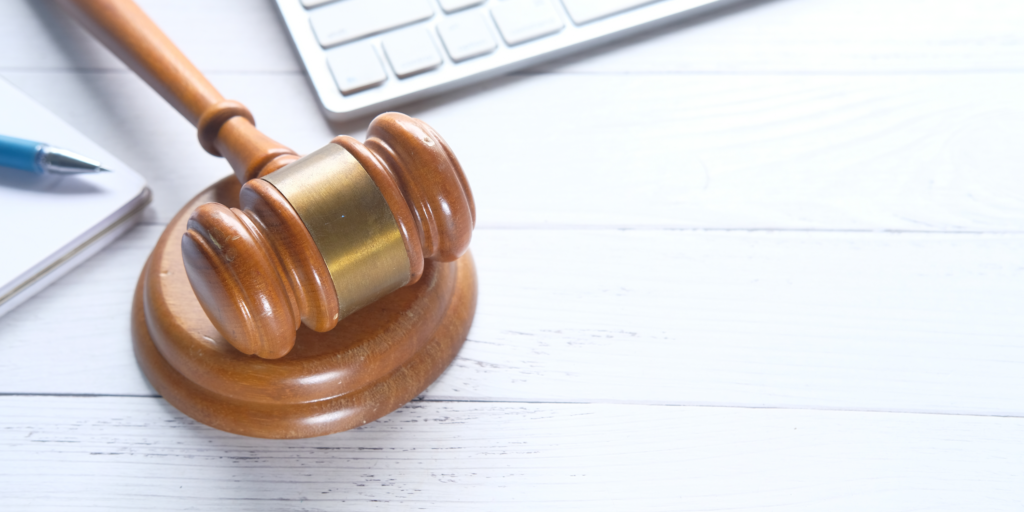
Conclusion
We discussed how depositions can help your case. Attorneys use depositions to gather evidence, evaluate witnesses, and discover significant facts.
A deposition puts you in a good position in your case. Firsthand witness testimony helps you understand the other side’s arguments and improve your stance.
Deposition preparation is crucial. It requires careful research on both sides and knowing what questions may be posed. Prepare well to maximize this opportunity to acquire vital evidence.
Opposing lawyers will ask tough questions in depositions. Keep calm and answer truthfully. Everything said in a deposition is under oath and can be used in court.
Consider experience, professionalism, attention to detail, accuracy in transcribing testimony, and ability to understand complex legal terminology when picking a deposition reporter. A good court reporter will accurately record the proceedings.




